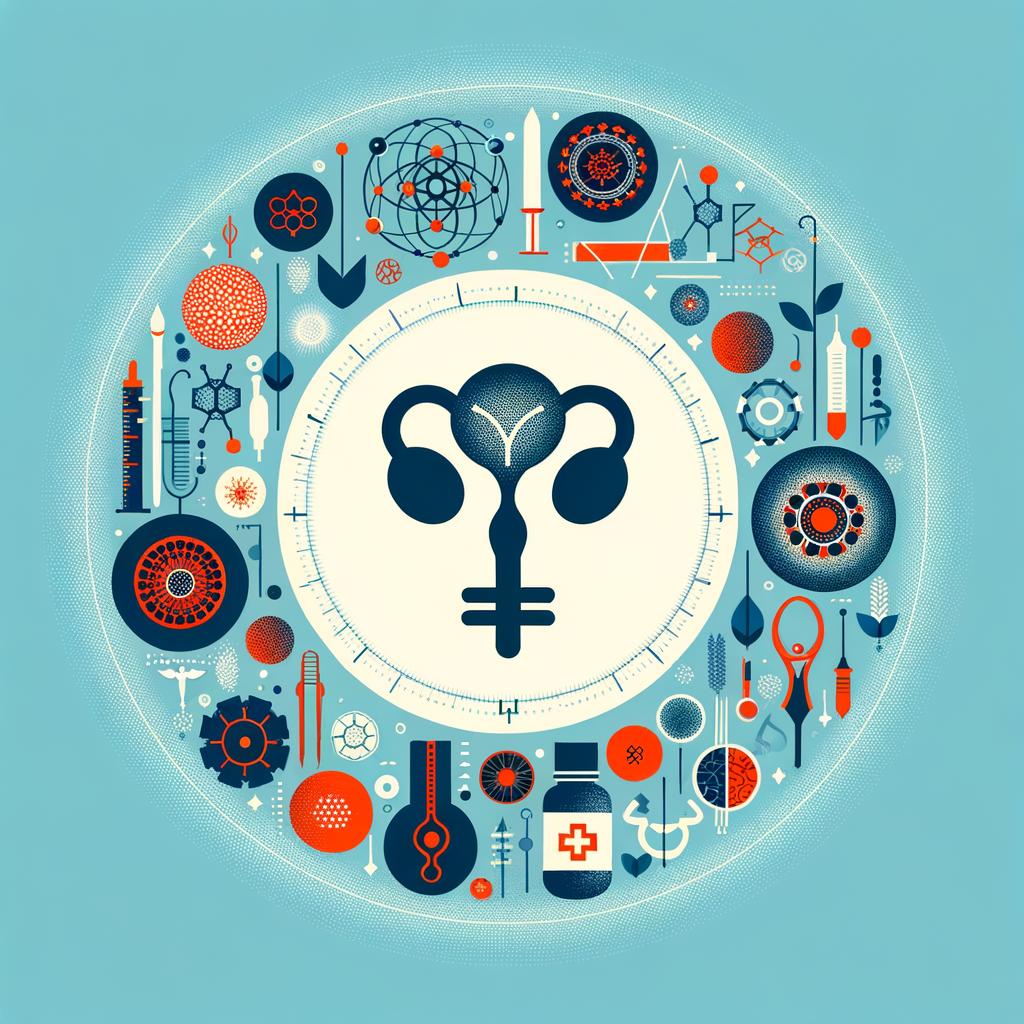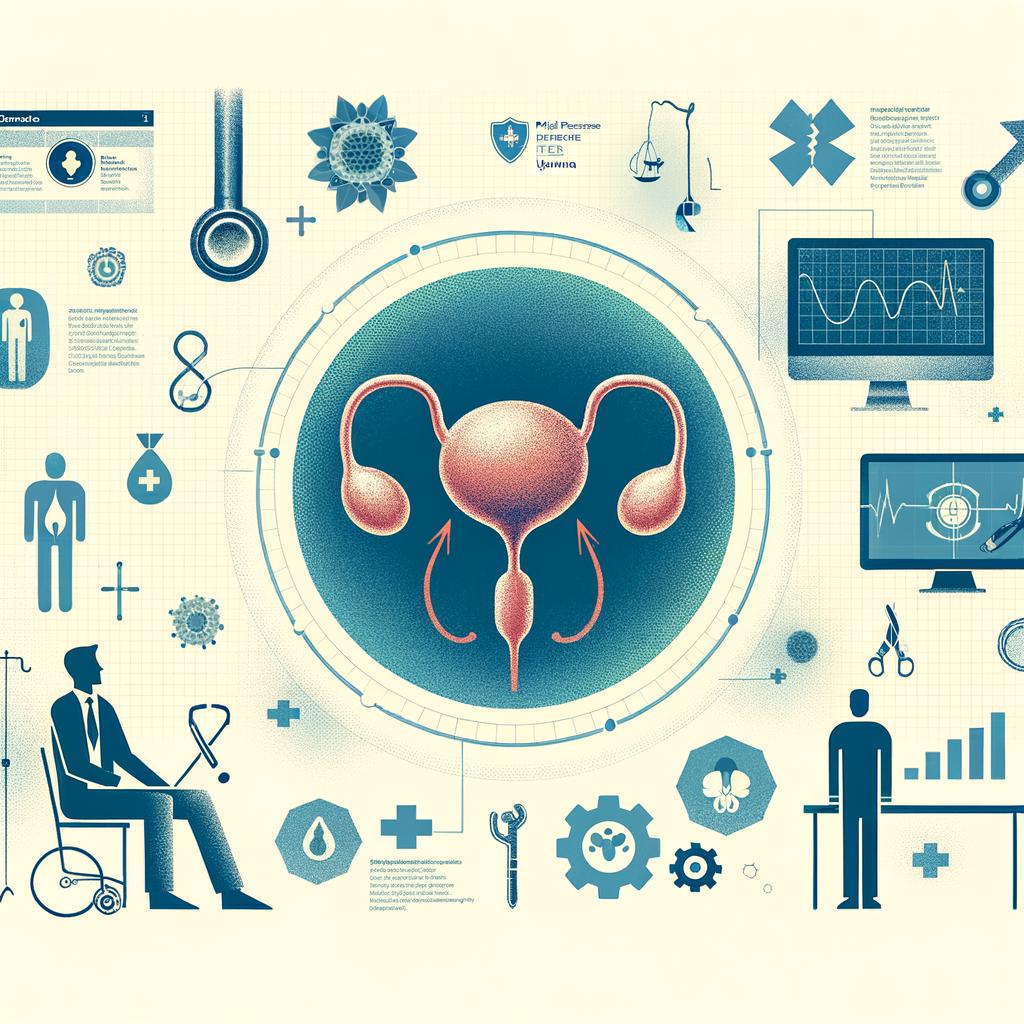
What’s The Deal With Pelvic Pressure And Frequent Urination?
Feeling weighed down by pelvic pressure or running to the restroom even when you just went? The causes for this combo of inconvenience can range from benign to serious health issues. In this comprehensive article, we’ll dive right into the depths of what could be causing pelvic pressure and frequent urination. Get ready, you’re about to gain a wealth of knowledge about what your body might be trying to communicate to you.
Peering into Pelvic Pressure
For something that sounds so simple, pelvic pressure is a bit of a mystery for many. Simply put, it’s a discomfort or heavy sensation in the lower abdomen area. But the seemingly simple symptom hides a chaotically complex network of potential causes. Notable among these are urinary tract infections along with more severe conditions like pelvic organ prolapse.
The Underlying Urinary Tract Infections
An unpleasant sensation of being bloated coupled with an urge to urinate more often than usual might very well be a sign of a urinary tract infection. These infections are caused by germs that enter the urinary tract and multiply, creating an unpleasant situation. Worry not, though. UTIs are quite treatable by your friendly neighborhood healthcare provider.
Pelvic Organ Prolapse – A Serious Symptom Sign
Now, let’s delve into a more serious possibility. Pelvic organ prolapse, not for the faint of heart, is when muscles and tissues supporting the pelvic organs weaken. This weakness can lead to one or more of the pelvic organs dropping, pressing against the vagina – a feeling akin to intense pelvic pressure. It’s crucial to not dance around da Vinci on diagnosing this condition, and seek help immediately.
Proliferating Prostate Troubles
Men, listen up – a recurring cause worth considering is problems with your prostate gland. An enlarged prostate, also known as benign prostatic hyperplasia, can place undue pressure on the bladder. This pesky pressure can lead to a need for numerous nocturnal nature calls.
Niggling Non-Urological Issues
Between you, me and your urinary system, there could be other players in this game of pelvic pressure and frequent urination. Non-urological issues can also play their part, including gastrointestinal problems and gynecological disorders in women.
Let’s Gobble up Gynecological Disorders
Women, it’s your turn to be in the spotlight – and not just because men can’t handle pregnancies. Gynecological disorders such as fibroids and endometriosis can add to the precarious pressure party in your pelvis. It’s always crucial not to brush these symptoms under the carpet and consult with a gynecologist.
Why Wait to Get Checked?
With the raft of potential triggers outlined above, it’s clear that a combination of pelvic pressure and frequent urination isn’t to be taken lightly. Don’t dilly-dally on getting down and diagnosed if you’re suffering from these symptoms. Remember, medical professional advice is only beneficial if you seek it in a timely fashion.
Frequently Asked Questions
1. Can stress cause frequent urination and pelvic pressure?
Indeed, stress may trigger these symptoms as it can tighten muscles and cause discomfort in the pelvic region.
2. Could pelvic pressure and frequent urination mean I am pregnant?
These symptoms can indeed indicate early pregnancy as the uterus expands and puts pressure on internal organs.
3. What foods might exacerbate these symptoms?
Spicy foods, caffeinated beverages, and alcohol may all irritate the bladder and trigger these symptoms.
4. Can these symptoms indicate a sexually transmitted infection?
Absolutely. Some STIs can cause similar symptoms, so it’s essential to get tested if you’re sexually active and experiencing these symptoms.
5. Should I consult a doctor if I have these signs?
Yes, seeing a healthcare provider is recommended to rule out serious conditions and receive appropriate treatment. Ignoring the issue might lead to complications down the line. Even if it’s a false alarm, it’s better to be safe than sorry.


